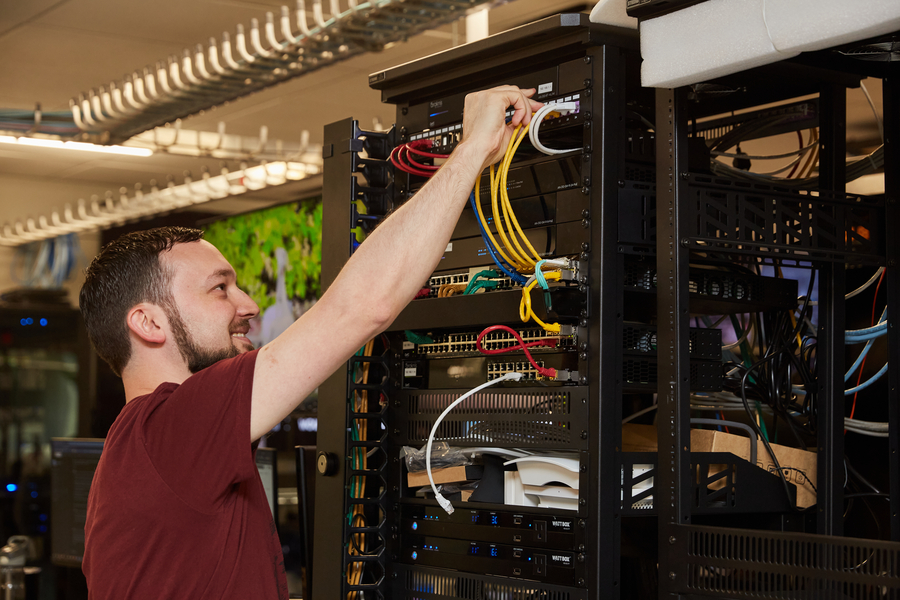How to Choose the Right Smart Home Integrator
A High-Impact Checklist to Help You Choose with Confidence

Upgrading your home with integrated technology can unlock comfort, control, and energy savings. But not every smart home integrator delivers the same value—or the same results. A well-planned system depends on more than the latest gadgets. It requires deep expertise, attention to detail, and the foresight to match your lifestyle with the right design.
Before you sign a contract or commit to a quote, ask the questions that reveal the provider’s true capability. Below is a checklist to help you avoid missteps and uncover the best fit for your Portland, OR, home.
SEE MORE: Why A Home Integrator Is Essential for a Seamless Smart Home
What Certifications Do You Hold?
The right credentials say a lot about an integrator’s skill and commitment. Certification from brands like Control4, Lutron, or Crestron means the installer has passed training and keeps up with the latest standards. It also means fewer hiccups with your installation, especially as your system grows.
For example, a certified Control4 dealer goes beyond connecting your lights and audio. They’ll know how to customize presets so your home automatically adjusts for sunset, dinner, or movie night. That kind of training helps avoid headaches from poor wiring, limited functionality, or confusing interfaces.
Don’t settle for a vague answer. Ask for proof of current certifications and if the team doing the work is in-house or subcontracted. You want people with skin in the game, not just a badge on the website.
Can I See Past Work Like Mine?
Every smart home is different. Your needs change if you’re in a 6,000-square-foot estate, a high-rise condo, or a new build under construction. Ask for references and examples of past work in similar homes.
Look for projects that mirror what you want—like a whole-home audio solution controlled from your phone or voice commands. Or layered lighting scenes that adjust throughout the day. If you’re planning for expansion, check whether the integrator has built systems with scalability in mind. That matters when you decide to add outdoor zones, motorized window treatments, or energy monitoring later.
When an integrator shows off their portfolio, pay attention to how clean the wiring is, how intuitive the touchscreens look, and whether the design blends into the home. These are signs of craftsmanship vital to your everyday experience.
What Happens After the Install?
Smart homes evolve. Your daily routines shift. Technology updates. Devices need service. That’s why support after installation is just as important as the system itself.
Ask how the integrator handles service requests. Will you call a help desk? A dedicated technician? Is there remote troubleshooting available? A good integrator offers maintenance plans or monitoring services so small issues don’t snowball into major repairs. They should also train you and your family on how to use the system—not just hand you a manual.
For example, if your lighting schedules need to be adjusted for seasonal changes, a strong partner will log in remotely and make that update in minutes. You don’t want to rely on someone who disappears after the final walkthrough.
Ask the Questions That Put You in Control
When you work with a smart home integrator, you’re trusting someone to shape the way you live. By asking the right questions now, you’ll avoid surprises later and enjoy a home that works exactly the way you want it to.
If you’re ready to connect with a certified team that can show you what’s possible, reach out today. We’ll walk you through your options and help build a system that fits your space, your schedule, and your lifestyle.




